江苏省五年级英语教案5篇思维导图

根据五年级学生的生理和心理以及发展需求,本班英语课程的总体目标是:激发学生学习英语的兴趣,培养他们学习英语的积极态度和良好学习习惯,帮助他们建立学习英语的自信心;培养学生的语感和良好的语音、语调基础,
树图思维导图提供 江苏省五年级英语教案5篇 在线思维导图免费制作,点击“编辑”按钮,可对 江苏省五年级英语教案5篇 进行在线思维导图编辑,本思维导图属于思维导图模板主题,文件编号是:43cc6a8f908563426e5fe61e10edc71c
思维导图大纲
江苏省五年级英语教案5篇思维导图模板大纲
根据五年级学生的生理和心理以及发展需求,本班英语课程的总体目标是:激发学生学习英语的兴趣,培养他们学习英语的积极态度和良好学习习惯,帮助他们建立学习英语的自信心;培养学生的语感和良好的语音、语调基础,帮助他们形成初步运用英语进行日常交流的能力,为进一步学习打下基础。以下是树图网带来的江苏省五年级英语教案内容,感谢您的阅读,希望能帮助到您!
江苏省五年级英语教案1
eaching objectives:
1. Words: arrive taxi flat building made again
2. Sentences:
Grandma made Chinese food for me.
I want to try American food.
I will write again soon.
3. Practise to pronounce ‘wh’ ‘wr’.
4. Learn the song: It’s a big exciting world.
Teaching properties: cards tape-recorder pictures
Teaching procedures
Warmer:
1. Stick the pictures of unit 1 on the board. Have the students come to the front and mime the text of unit 1.
2. Say a sentence in the present tense and get the students say it in the past tense.
Examples:
T: Daming goes to New York.
Ss: Daming went to New York.
T: Grandma meets Daming.
Ss: Gradma met Daming.
Teach the text:
1. Raise the picture of the Statue of Liberty and ask: What is it ? Where is it?"
Guide the students say: It’s the statue of Liberty. It’s in New York".
T: Daming is in New York now. Let’s see who met him at the airport. What he saw in New York and What food he wanted to eat.
2. Play the tape. Have the students listen and underline the new words in books.
3. Teach the new words.
4. Play the tape again. Have the students listen and say. After this, get the students to answer the following questions:
⑴Who met Daming at the airport? (Grandma and Simon)
⑵What did Daming see in New York? (Buildings, cards and people)
⑶What food did he want to try? (American food)
5. Complete activity 2 in SB. (Get the students to ask and answer in pairs)
6. Practise to pronounce 'wh' 'wr'.
7. Learn the song: It’s a big exciting world.
8. Complete exercise 1 in AB.
Homework:
Practise the following sentences in pairs:
Where are you from?
Where are you going to go?
Where are you going to go there?
Where are you going to do there?
Designs:
Module 10 Unit 2 I’m in New York now
Arrive Grandma mad Chinese food for me.
Taxi
Flat I want to try American food.
building
made I will write again soon
江苏省五年级英语教案2
教学目标 知识目标:能够进行物品归属的问话与答语,并能根据物体的远近,正确使用this和that。
能力目标:能听懂,会说要求的单词和句子
情感价值:进一步提高对英语学习的热情,培养更加稳定的学习兴趣。
能积极主动地参与课堂活动,在情景对话中大胆开口,主动模仿。
教学重点 学习和练习正确书写四会单词和四会句子.
教学难点 正确使用代词this和that。
课时数 2
教学过程 1.热身 / 复习(Warming-up / Revision)
1)播放课本附录中的歌曲I want to be your friend, 渲染课堂气氛。
2)把小动物面具挂在墙上,让学生说出它们是什么动词,是谁的。
2.新课导入(Presentation)
1)展示本课教学挂图,让学生观察,并提出问题:
What are Peter and Lisa doing?
What are they talking about?
2)播放本课录音,让学生听,然后讨论自己的猜测是否正确。
3)再放录音,让学生仔细听:谁扮演bear?谁的头饰找不到了?最后找到了吗?
4)指导学生跟读录音。
5)让学生四人一组分角色表演会话。
6)鼓励学生戴面具到讲台上来表演。
3.趣味操练(Practice)
1)教师将全班划分成6~8个小组,每组发一张白纸,每张白纸的最上面都写有"失物招领处"。要求每组画出3~4种物品,供其它组认领。
2)每组分成两部分,一部分当失主去其它组找丢失物品,另一部分留在本组提供物品。用所学句型进行交际活动。
3)播放本课投影片,让学生边看边配音。
4. 拓展活动(Additional activities)
1)回家听本课录音,模仿语音语调。
2)把本课对话改编或故事,讲给父母听。
课后反思
备课教师:
课题 Unit5 Is this your schoolbag?
Lesson 30
教学目标 知识目标:能够听、说、读、写的单词和句子是:coat, jacket, jeans, shoes;
Is this his coat? Yes, it is. Is that his jacket? No, it isn't.
能力目标:能听懂,会说要求的单词和句子
情感价值:进一步提高对英语学习的热情,培养更加稳定的学习兴趣。
能积极主动地参与课堂活动,在情景对话中大胆开口,主动模仿。
教学重点 学习和练习正确书写四会单词和四会句子.
熟练掌握物品所属关系的表达方式。
教学难点 熟练掌握物品所属关系的表达方式。
课时数 2
教学过程 1.热身 / 复习(Warming-up / Revision)
把学生分成男生组和女生组,进行唱chant比赛,复习课本第53页和第50页的两个chant。
2.新课导入(Presentation)
1)教师利用教学卡片和实物,让学生初步认识umbrella,mirror,belt,mop 4个单词。
2) 教师可以依次举起单词卡片,问学生What's this? 让学生回答:It's an umbrella / a mirror / a belt / a mop.
3)把雨伞、镜子、腰带和拖把(或图片)分给几个学生,让他们分别提问其他同学:What's this? 其他学生回答:It's an umbrella / a mirror / a belt / a mop.
4)教师把拿物品的学生的名字A代入本课句式:Is this A's umbrella / mirror / belt / mop? 让学生回答。练习几遍后,教师可以故意把对应关系说错,引导学生用否定句回答。
5)把学生分为三人一组,每人拿一个物品或图片,依次按照Is this ... 's ... ? Yes, it is. / No, it isn't.做问答练习。
3.趣味操练(Practice)
1)教师请班上的男生,把事先准备的生活日用品分别放到教师规定的几张桌子上。
2)教师请女生两人一组,在两分钟内,分别将以上物品物放归原处。如,
G1: Is this / that his coat?
G2: Yes, it is.(No, it isn't.)
(G1: Whose coat is this? G2: It's his.)
G1: Is this your jacket?
B: Yes, it's mine.
3)教师奖励猜对物品主人并说对句子的同学。
4)播放chant 录音,让学生听两遍。
5)把学生分为5人一组,各组准备一些学习用品、日常用品和衣物等,可以找两个学生作模特,参考课本第56页的提示作游戏。
6)仍按照上面的小组,把小组成员的英语课本收集在一起,先让所有成员摸一摸所有的书,然后打乱顺序,一名学生蒙起眼睛,其他学生依次拿起一本英语书让蒙眼的学生摸,然后问他:Whose English book is this? 蒙眼学生回答:It's ... 's English book.如果猜错了,就接着猜;猜对了就换另一个学生猜。
7)教师在黑板上示范板书四会单词和句子,边写边说,让学生在练习本上模仿。
教学过程 8)播放chant录音,教师通过形体语言帮助学生理解chant的意义,必要的地方可以用汉语
解释一下。如get ready to run out 是"准备好往外跑"的意思。
再放录音,让学生跟读模仿。最后,不放录音,让学生齐声说chant。
4. 拓展活动(Additional activities)
将本单元核心句型进行归纳,创设不同的语言环境,编成各种小对话进行交际。
江苏省五年级英语教案3
一、教学目标
知识目标:
1. 学会使用句型"What did you do at the weekend?"和"Where did you go?"并懂得使用相应的过去式进行对话。
2. 能有感情地朗读课文,并进行角色扮演。
3. 能用动词过去式询问上周末的活动情况。
能力目标:
1.会用"What did you do at the weekend?"和 "Where did you go?"询问过去发生的事情。
2.通过活动体验,在交流中学会谈论上周末从事的活动,谈论不久前发生的事情,发展综合语言运用能力。提高学生跨文化交际意识。
情感目标:
培养学生学习兴趣,鼓励学生积极合作,引导学生了解西方文化古迹,树立旅游意识。
二、教学重点与难点
教学重点:
1. 能听懂、会说并能熟练使用单词weekend, place, trip, along, river, twenty, minute, hour, best以及词组the British Museum, bus ride.
2. 能听懂、会说并能熟练使用句子What did you do at the weekend? 和Where did you go?
教学难点:
能够在真实情境中对单词、词汇及句型进行综合的运用。
三、教学方法
1. 通过教师引导示范,学生自主识记,小组合作,朗读合作等多种形式,使学生读懂文章并掌握重难句的实际运用。
2. 通过两两对话提高学生学习英语策略及口语交际能力。
3. 通过"争当小记者"活动激发并保持学生学习英语兴趣。
四、教学准备
课件,Flash视频,词卡,Daming和Amy头像,记者证
五、教学过程
Step1: Warming-up
1) Greet to the students.
2) Listen a song"Where did you go?"唱关于旅游的歌曲,为新课做铺垫。
Step2: Lead-in
1)教师出示自己的旅游照。T: Class, I went to Jinan this weekend. I took lots of photos and ate delicious food. So I had a happy weekend. Do you know weekend?新授weekend,讲解其含义。
2)T:I had a happy weekend. Our friends Amy, Lingling and Sam had a happy weekend too. What did Amy, Lingling and Sam do at the weekend?导入课文教学。
Step 3: Presention.
1) 学生观看整课的Flash 视频,整体感知文本。找出 What did Amy, Lingling and Sam do at the weekend?
2) 根据文本的具体情况,分段听文本。采用任务型教学法,每一个段落设置相应问题,让学生带着问题找答案。
对于文本第二段,教师设置的问题:Where did Amy, Lingling and Sam go? Ss: They went to the British Museum. They visited Big Ben and the London Eye.教师讲授the British Museum.
对于文本第三段,让学生跟读Flash并且找出What did Lingling like best? Ss: She liked the bus ride best. 教师讲解本段中出现的新词汇。
3)学生整体跟读一遍文本,注意模仿语音语调。
4)学生自读,遇到不会的单词及不懂的句子可以寻求老师的帮助。
5)学生齐读课文。
Step 4: Practice.
1) 教师借用Amy 和Daming头像,和学生一起提炼文本重点句,形成一组新的对话,并板书。
Daming: What did you do at the weekend?
Amy: We visited lots of places.
Daming: Where did you go?
Amy: We went to the British Museum, Big Ben and the London Eye.
同桌两人对话,男女生读操练对话。
2) 你问我答:Travel around Dezhou.
教师准备一张图片,上面选取德州的几个景点,如:长河公园,新湖风景区,减河湿地等,每个景点下面对应相应的活动,如:did taijiquan, took photos, played chess,etc. 教师示范后,同桌两人一组,自主练习。
Step5: Extension.( Talk about our travel.)
T: We all had a happy weekend. We went to lots of places and did many things. But I think in our holiday, we were happy too. Now look at this photo. This is me. Who can ask me some questions?
S1: Where did you go?
T: I went to Tianjin. Other questions?
S2: What did you do?
T: I visited my friend. You must have happy holiday too. Now 4 Ss a group. Ask and answer.
学生小组讨论。
选取小记者,随机提问班里的同学。
最后教师总结:You went to lots of places. Now let’s enjoy our class’s travel(教师课前收集学生旅游照,自制学生旅游视频)。 The world is a wonderful book and those who do not travel can see only a page of it.
Step6: Homework.
Describe your travel to your friends.
板书设计:
Unit1 Where did you go?
Daming: What did you do at the weekend?
Amy: We visited lots of places.
Daming: Where did you go?
Amy: We went to the British Museum, Big Ben and the London Eye.
江苏省五年级英语教案4
一、学习目标
1.New words: cook help plant flowers water go for a walk
2Drills:What does he like to do? He likes to…
二、重难点重点
掌握动词单数第三人称的用法
熟读课文,流利会话
三、学习内容
1.填字母构成单词
w___ ___k w ___ ___k d___ct___r
h ___sp___t___l n___ ___se dr___ve
2.看例句完成句子
(1)医生在医院上班→A doctor works at a hospital.
( 2 ) 农夫在农场工作→
(3)教师在学校上班→
(4)我步行去上学→
(5)我爸爸开车去上班→
3.合作探究,归纳展示。 英译汉
1.go for a walk 2.water flowers
3.plant flowers 4.go shopping
5.cook 6.help him
四、达标检测 回答问题
1.What does your grandfather like to do?
2.What does your grandmother like to do?
3.What does your father like to do?
4.What does your mother like to do?
5.What does aunt Meiping like to do?
6.What does uncle Dachao like to do?
江苏省五年级英语教案5
教学目标:
1、在教师的引导下复习动词过去式的变化规则
2、学习用do的过去式did引起的一般疑问句及其应答。
3、熟读课文,并会进行对话。
教学重点:
学习用do的过去式did引起的一般疑问句及其应答。
教学难点:
熟读句子,并会进行对话。
教学过程:
一、教师带领学生复习动词过去式的变化规则
二、学生自学
1、学生自由读listen and say 栏目的句子,了解句子的汉语意思。
2、播放录音,学生看书听录音。
3、再放录音,学生边听边跟读。
4、学生自由朗读课文。
三、合作探究
1、教师示范朗读句子。
2、学生结对练习对话。
3、请个别学生上前表演对话。
4、在小组内讨论do 和did的用法有什么不同,教师作必要的指导。
四、学生展示
教师将本节课所学的重点句型出示再黑板上,学生对重点句型进行操练并展示。
板书设计:
Unit2 different noises
Did you like ... ?
Yes. I did.
No. I didn’t
江苏省五年级英语教案5篇相关文章:
★ 五年级上册英语教案江苏5篇2021
★ 苏教版五年级上册英语教案5篇2021
★ 新苏教版五年级上册英语教案5篇2021
★ 译林版小学英语五年级上册教案5篇2021
★ 译林五年级上册英语教案5篇2021
★ 英语五年级教案5篇2021
★ 快乐英语五年级全英英语教案5篇2021
★ 五年级PEP英语上册教案5篇2021
★ 五年级趣味英语教案5篇2021
★ 新译林英语五年级下册教案5篇2021
相关思维导图模板
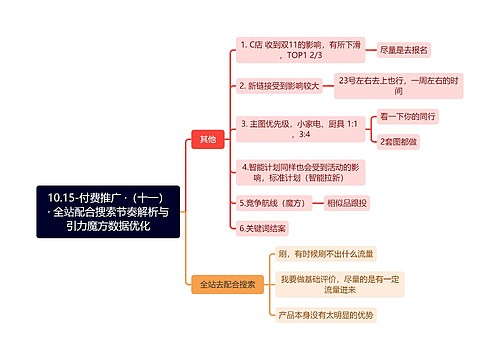

树图思维导图提供 10.15-付费推广 ·(十一)· 全站配合搜索节奏解析与引力魔方数据优化 在线思维导图免费制作,点击“编辑”按钮,可对 10.15-付费推广 ·(十一)· 全站配合搜索节奏解析与引力魔方数据优化 进行在线思维导图编辑,本思维导图属于思维导图模板主题,文件编号是:ca82ce4ec961ffd61f0a484a5c579820
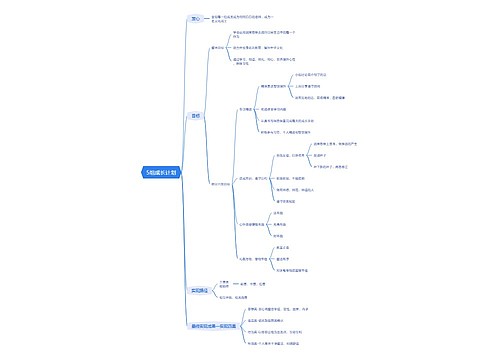

树图思维导图提供 5组成长计划 在线思维导图免费制作,点击“编辑”按钮,可对 5组成长计划 进行在线思维导图编辑,本思维导图属于思维导图模板主题,文件编号是:567eeaf1834765b5fd51195a76080718

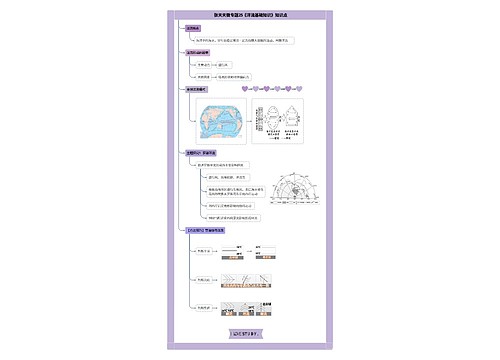
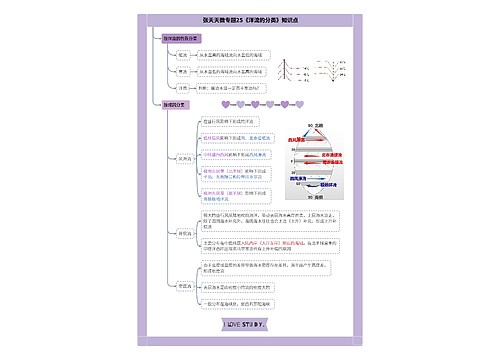
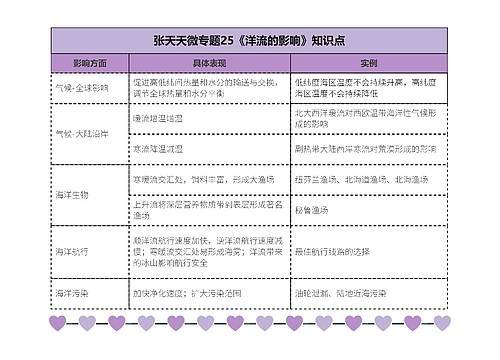
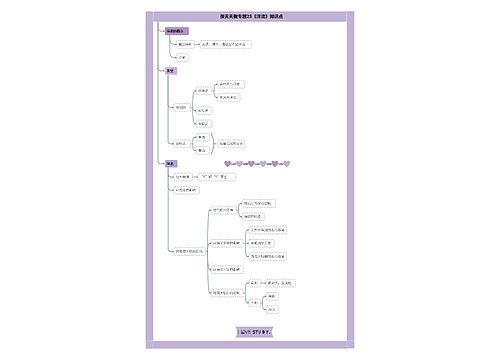
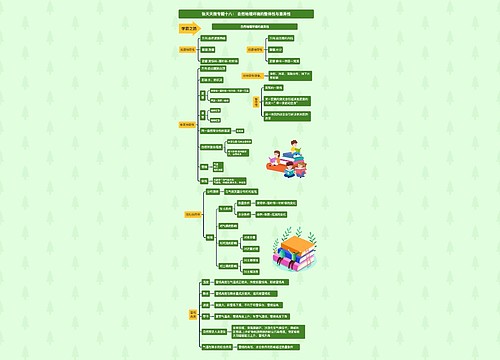
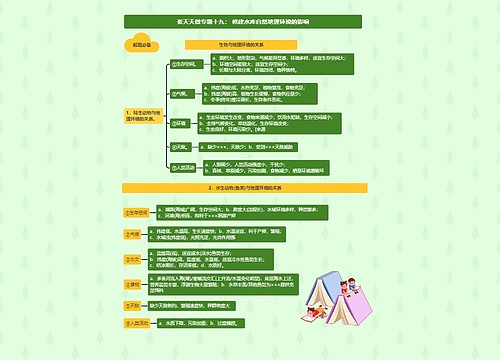

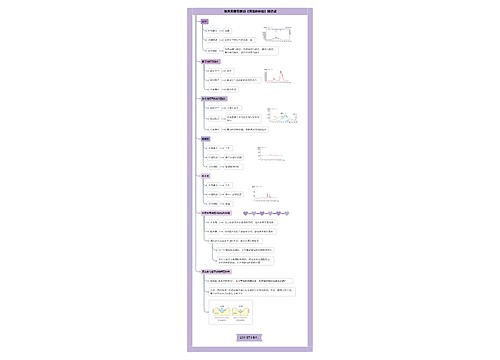
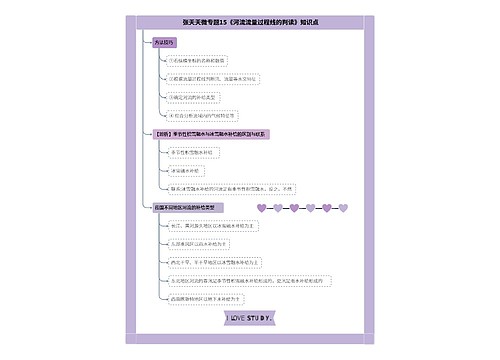
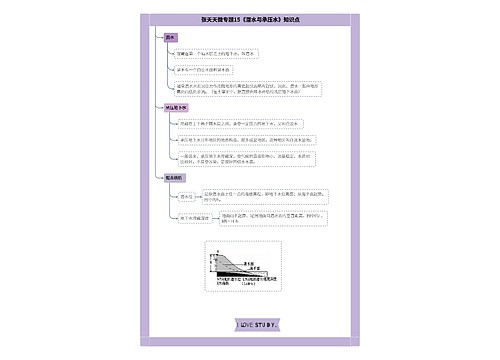
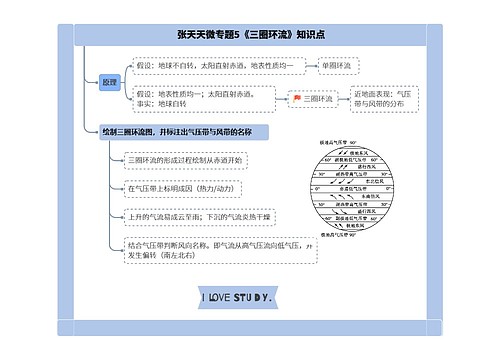
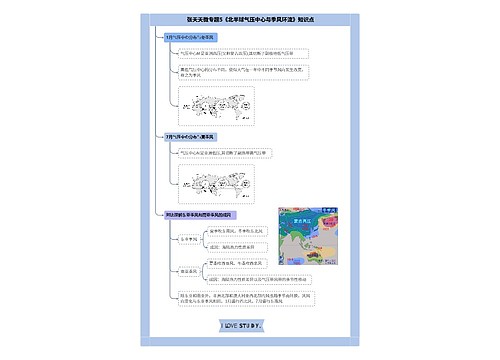
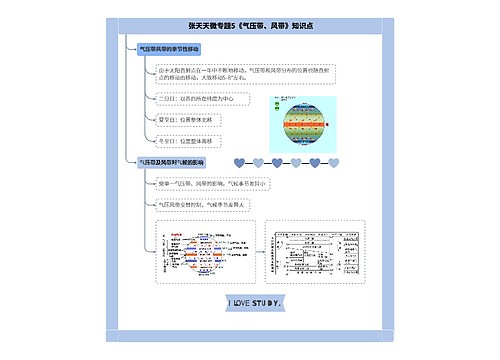
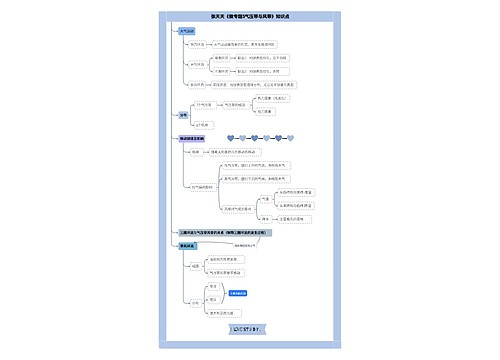
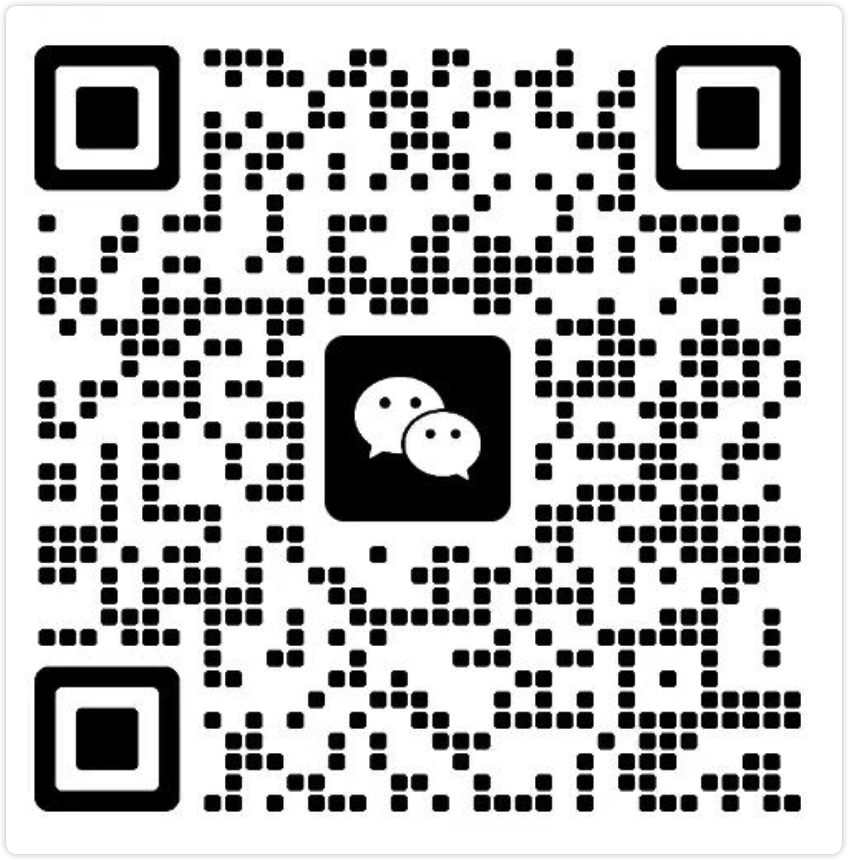

 上海工商
上海工商